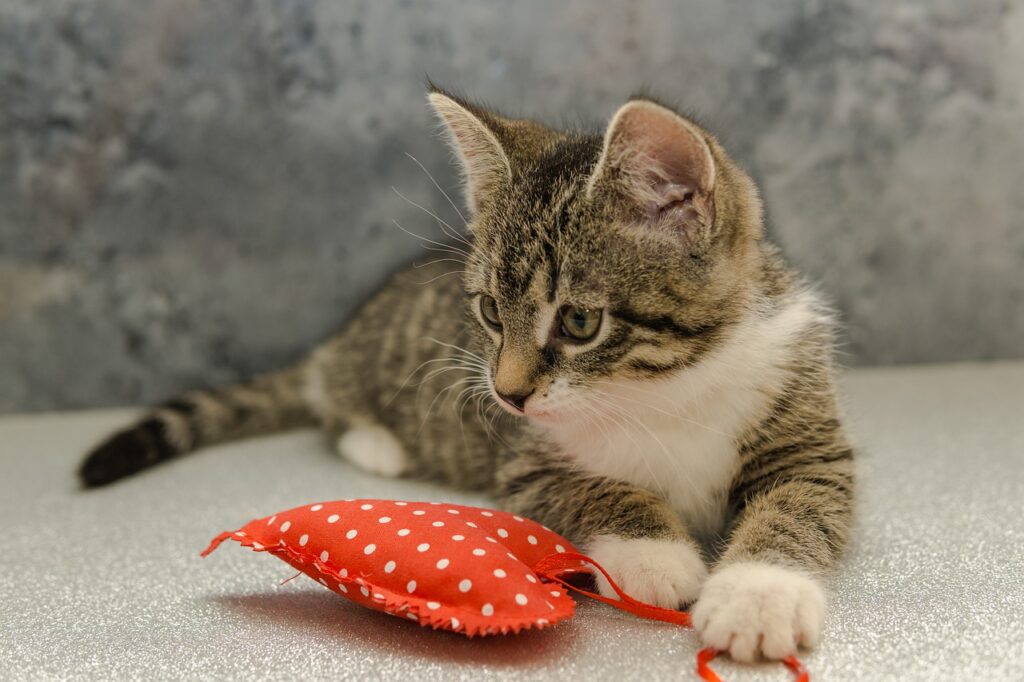Keeping a close eye on your cat is essential to a cat living a long, healthy life. If you are aware of your cat’s normal behavior, you will easily be able to recognize when something is not right. You can save tons of money by diagnosing a cat’s illness early while it can still be treated at a affordable cost. If you notice that your cat is acting out of the ordinary, it could be a sign that your cat is struggling with a UTI, Heart Problems, Respiratory illness, etc. Your cat also could be completely fine. One of the most important things to do when you suspect something is wrong with your cat is to check your cat’s pulse.
How to check a cat’s pulse
If you are wondering how to check a cat’s pulse, following the steps below:
- Make sure your cat has not recently performed any excessive physical activity. If your cat was playing, you should wait at least 20 minutes. A cat that has just exercised will likely have a very high pulse.
- Roll your cat over on its side
- Find the pulse spot on your cat. Most cat’s have the strongest pulse between your cat’s shoulder blade and it’s chest. You may need to feel around the area to register the pulse. If you cannot find the pulse here, you can try to find the pulse by gently pressing down on the top of your cat’s leg near the chest.
- Once you find a steady pulse, we recommend going in an increment of 20 seconds. This means count your cat’s heart beat for the span of 20 seconds. Once you record that, multiply that number by 3. That number will be your cat’s heart beat per minute.
What is a healthy pulse for a cat
While it sometimes varies by breeds, a healthy pulse for a cat is between 140-240 beats per minute. If your cat’s pulse does not fall between these numbers, you do not need to panic. If your cat has been acting out of character, and your cat’s pulse does not fall between the health numbers, we recommend consulting a vet.
How often should you check your cat’s pulse
We recommend checking your cat’s pulse whenever you notice your cat exhibiting strange behavior for an extended period. This could be once a month or even less than once a year.

